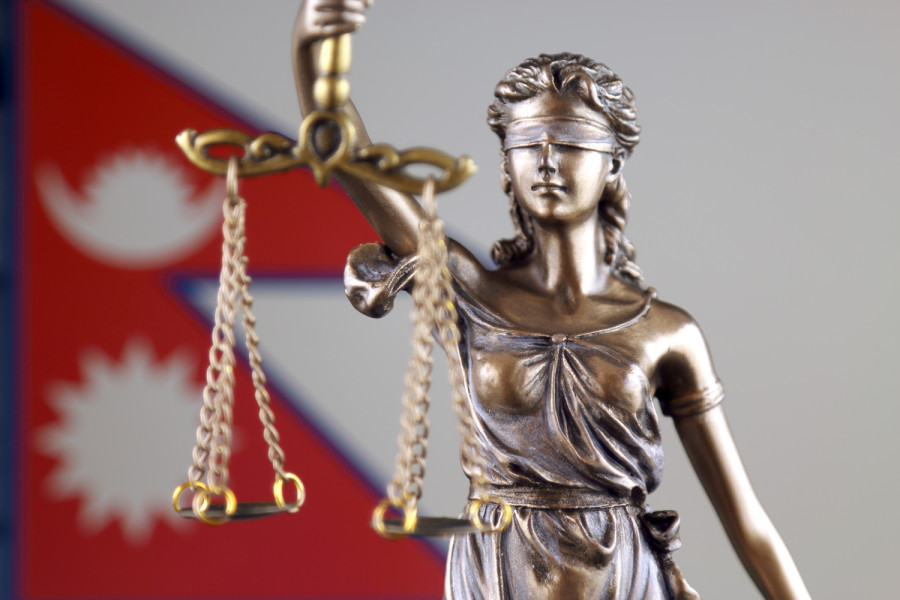National
Government tells UN that it will incorporate conflict victims’ concerns but victims are not convinced
Victims have called the government’s response to the concerns of five special UN human rights rapporteurs insincere and the entire transitional justice process flawed.
Binod Ghimire
While victims of the decade-long Maoist insurgency have called the government’s transitional justice process a farce, the Nepal government has reported to the United Nations that the existing transitional justice act will be amended in line with consultations with victims.
Responding to the concerns of five special rapporteurs under the United Nations Office of the High Commissioner for Human Rights, the Nepal government has said that it is developing an amendment bill based on consultations with victims and suggestions from concerned parties.
The rapporteurs on March 16 had written to the Nepal government seeking its commitment to maintaining transparency in amending the transitional justice act and appointments in the transitional justice commissions.
The Nepal government responded to the high commissioner’s office through its Permanent Mission to the United Nations in Geneva, defending its actions.
“The government of Nepal is engaged in developing an amendment bill on the basis of the consultation report, demands submitted by the victim’s representative organisations and suggestions and feedbacks from the international communities including the relevant UN bodies. The consultations at a higher political level are also underway to bring the consensus on the issues to be incorporated in the amendment bill so that it could be implemented in an effective manner,” reads the response.
The government on January 13 had held interactions with victims and other concerned stakeholders at the headquarters of the seven provinces. Victims have largely derided the entire transitional justice process as superficial and politically motivated.
Participants had told the Post that the consultations were held in two sessions—three hours with victims and another three hours with human rights defenders, civil society members, security forces, and the media. Victims called the entire process a “farce”.
Victims say the government has tried to create an illusory sense of adhering to victims’ concerns in its report to the UN.
“We have repeatedly said that the one-day consultation was nothing but a formality that does not represent our voice. Our requests for meaningful consultations have gone unheard,” Suman Adhikari, former chairperson of the Conflict Victims’ Common Platform, told the Post.
Five years have passed since the Supreme Court directed the Nepal government to amend the transitional justice act in line with international human rights norms and by incorporating suggestions from victims. The order has yet to be followed.
In their letter, the special rapporteurs had asked if the government had any plans for further consultations to engage who were left out earlier and if the inputs received from victims and civil society will be given due consideration in the amended act.
The government has not neither responded to these questions nor given an answer on whether it will allow the special rapporteurs to visit Nepal. The letter, dispatched three months ago, had reminded the Nepal government of pending requests from the Special Rapporteur on the promotion of truth, justice, reparations and guarantees of non-recurrence and requests from the Working Group on Enforced or Involuntary Disappearances to visit Nepal.
“We would like to take this opportunity to remind the Nepal government of the pending visit requests from the Special Rapporteur on the promotion of truth, justice, reparations and guarantees of non-recurrence and from the Working Group on Enforced or Involuntary Disappearances,” the letter said. “We look forward to receiving your invitation to visit the country soon.”
Despite repeated promises, the Nepal government has yet to conclude the transitional justice process, which has dragged on for more than a decade now.




 13.12°C Kathmandu
13.12°C Kathmandu














